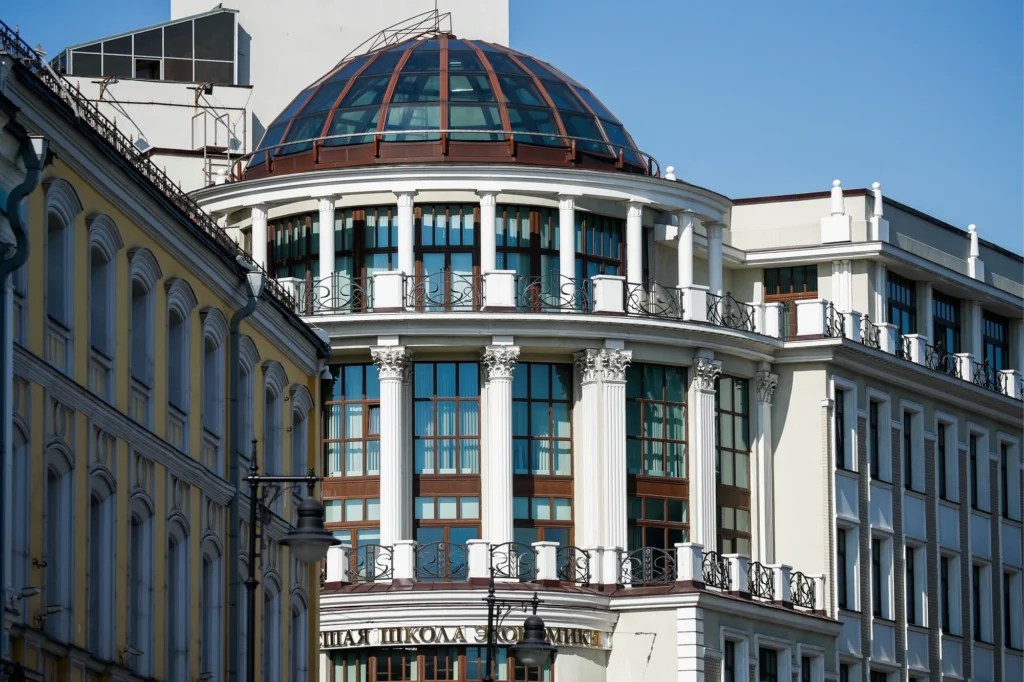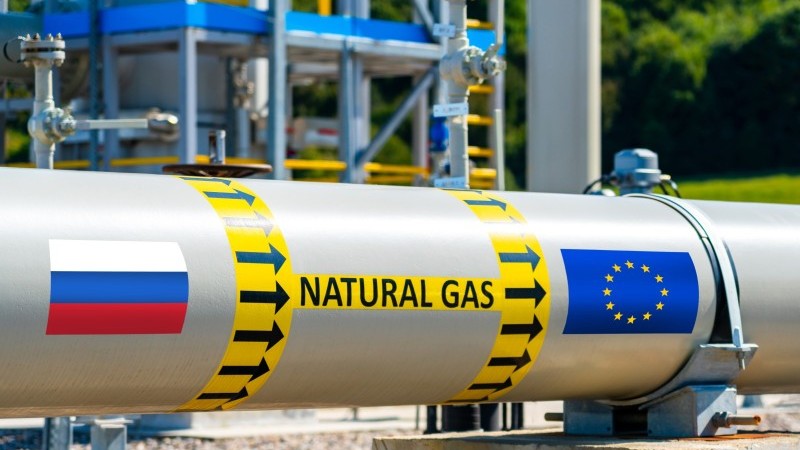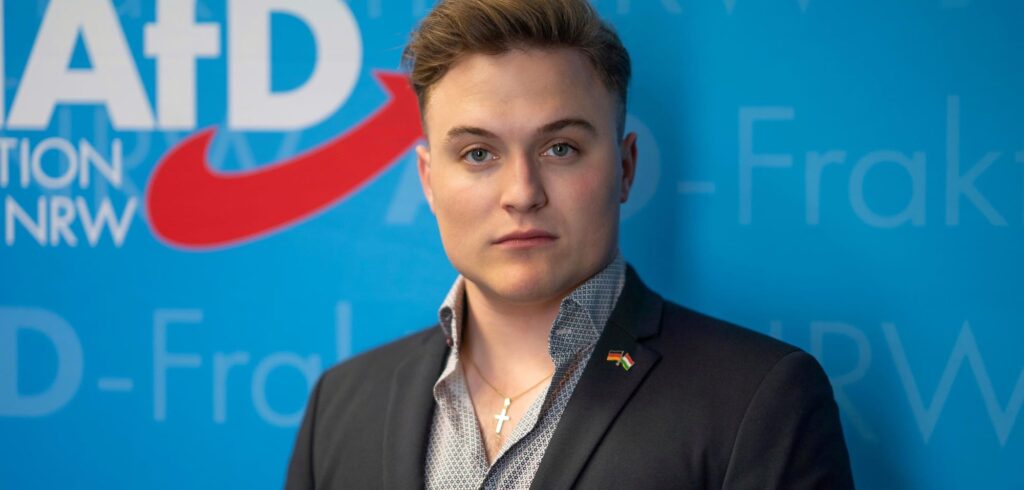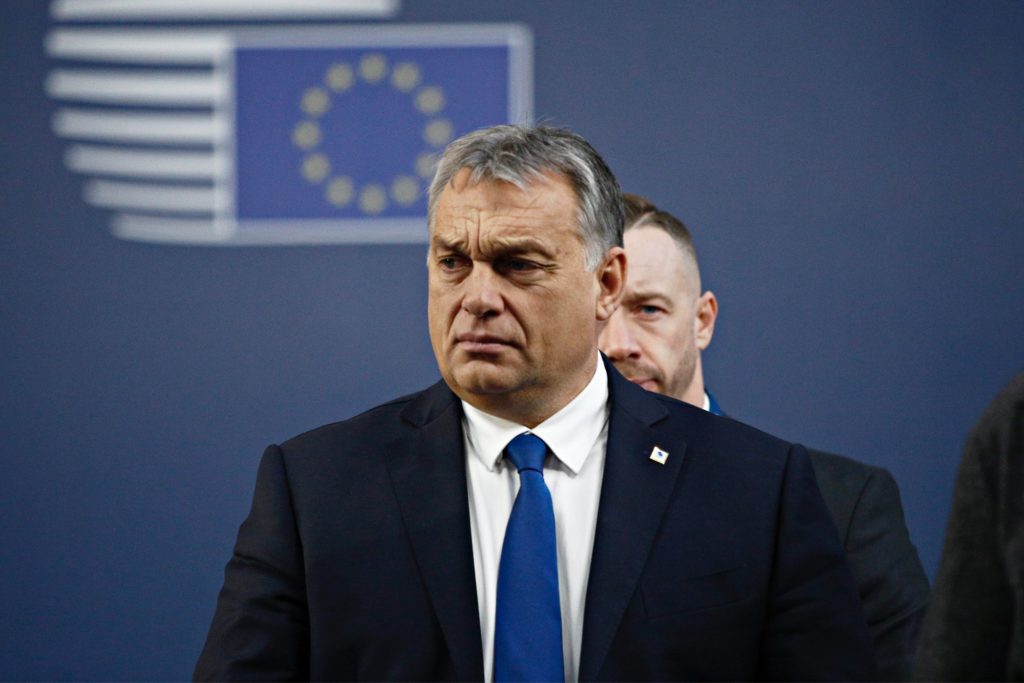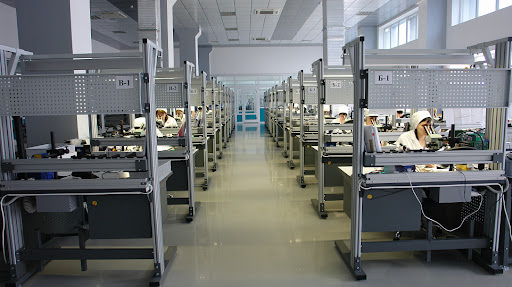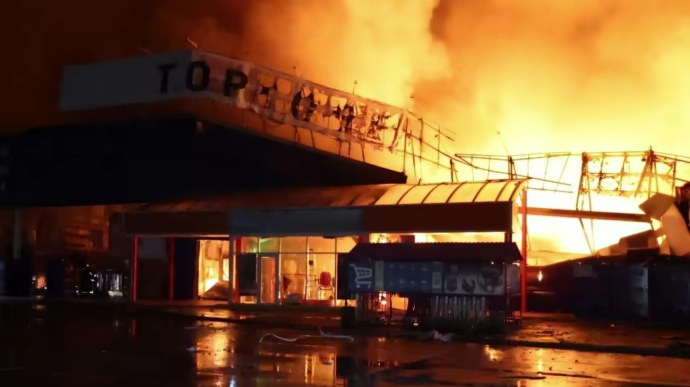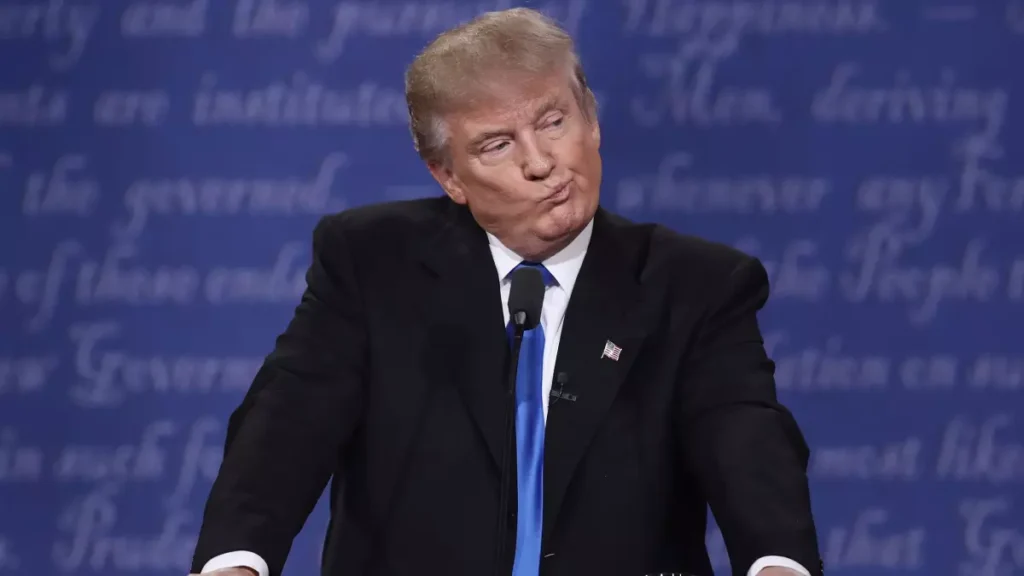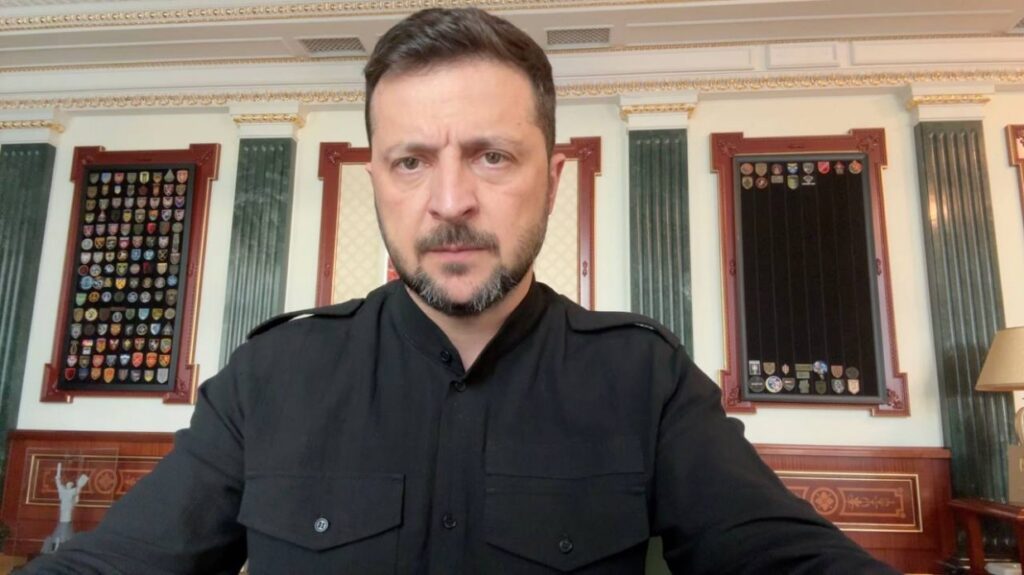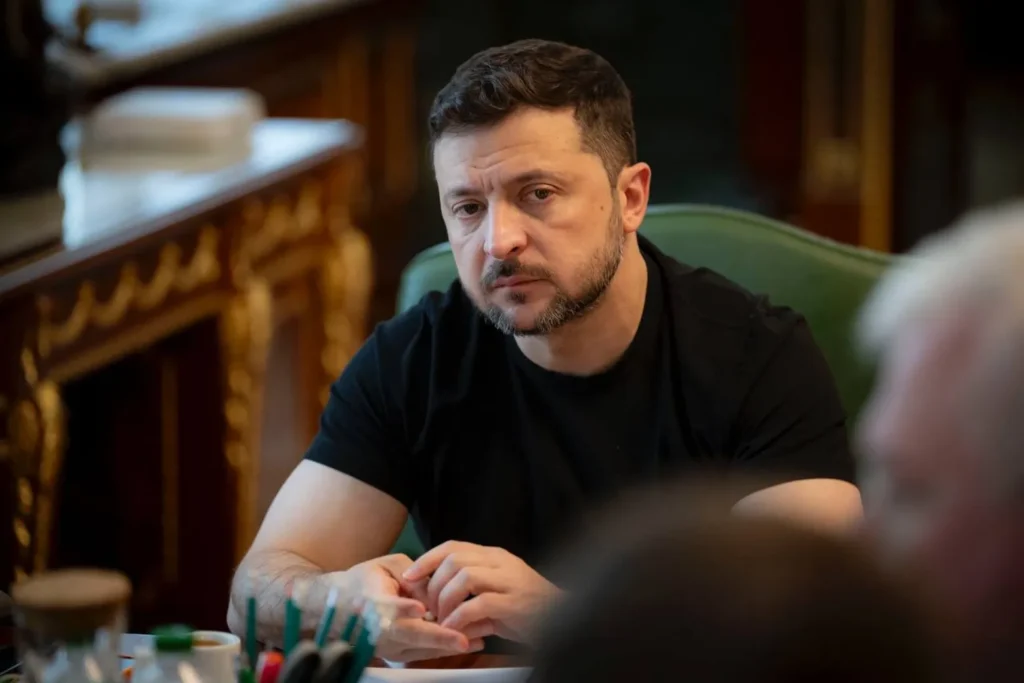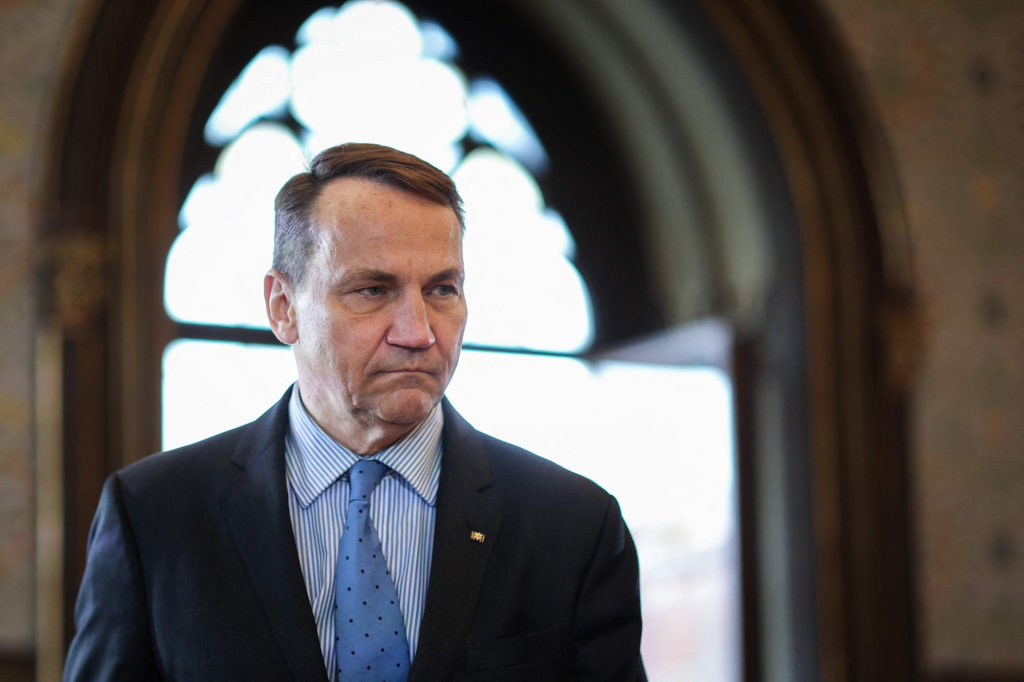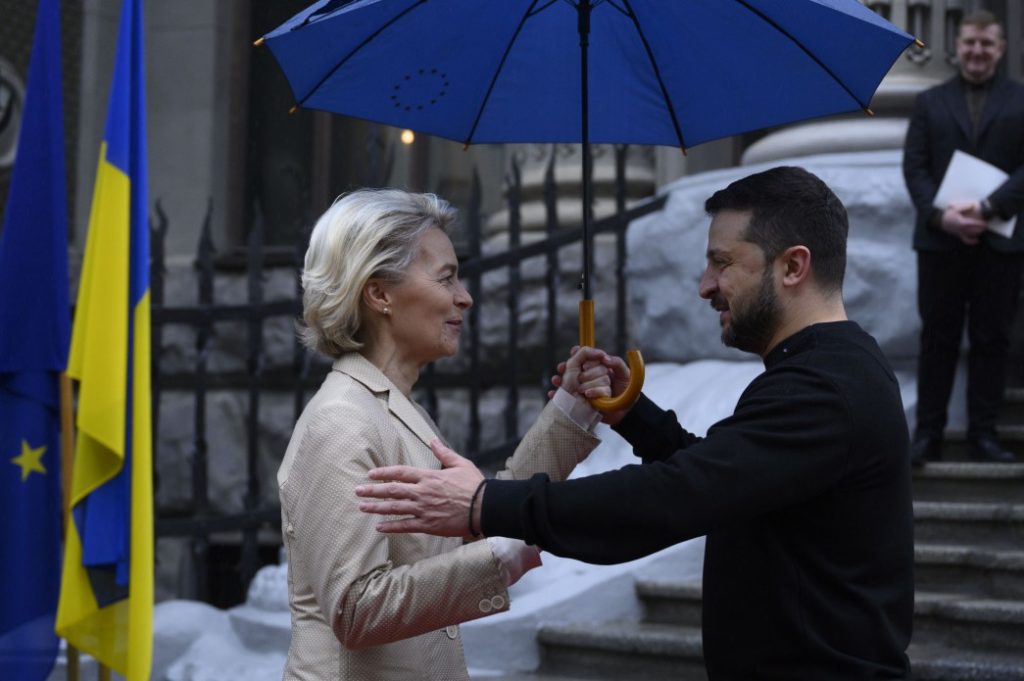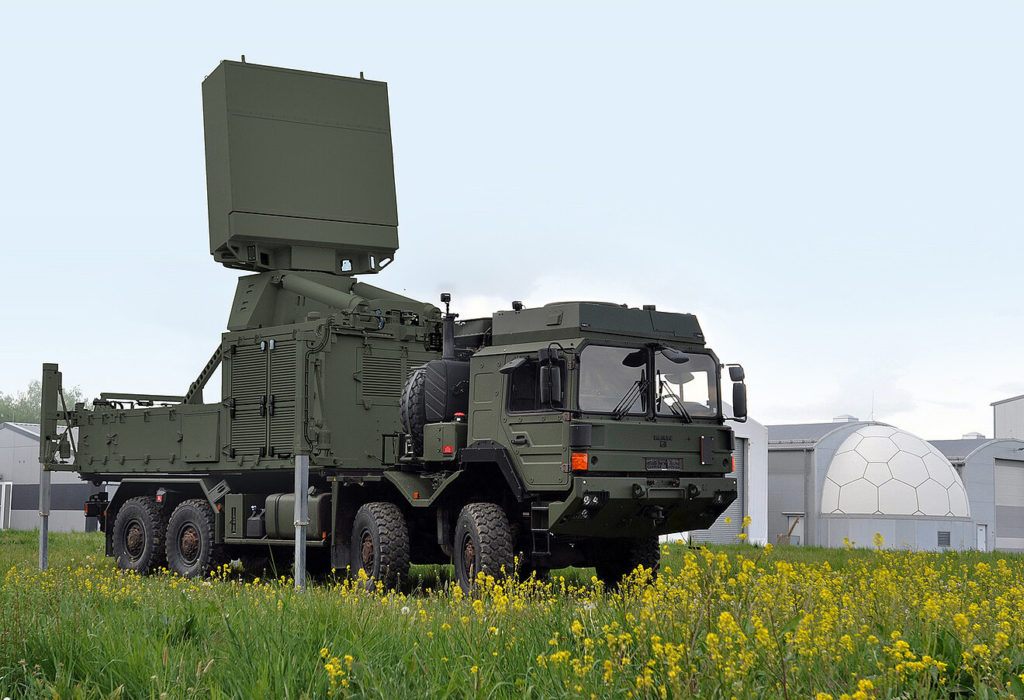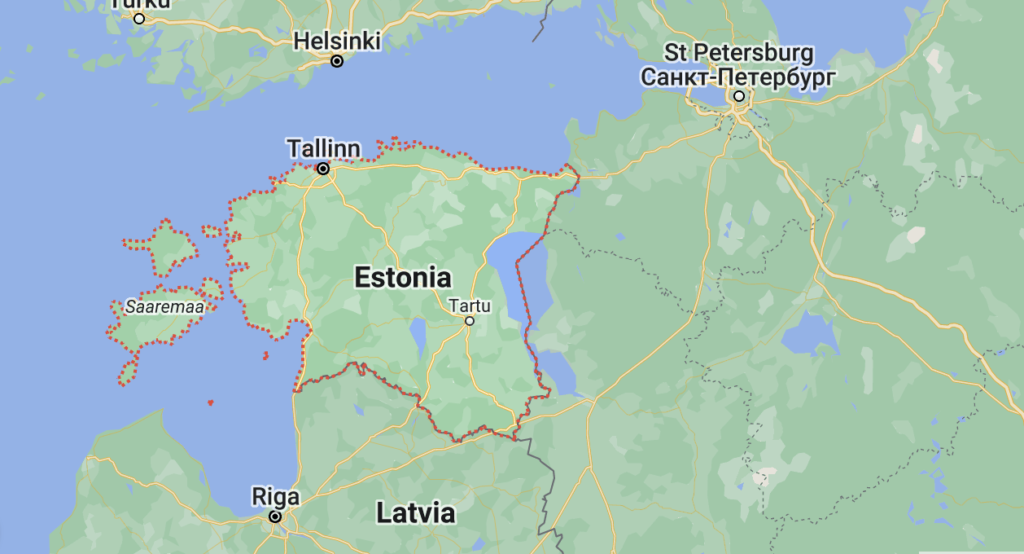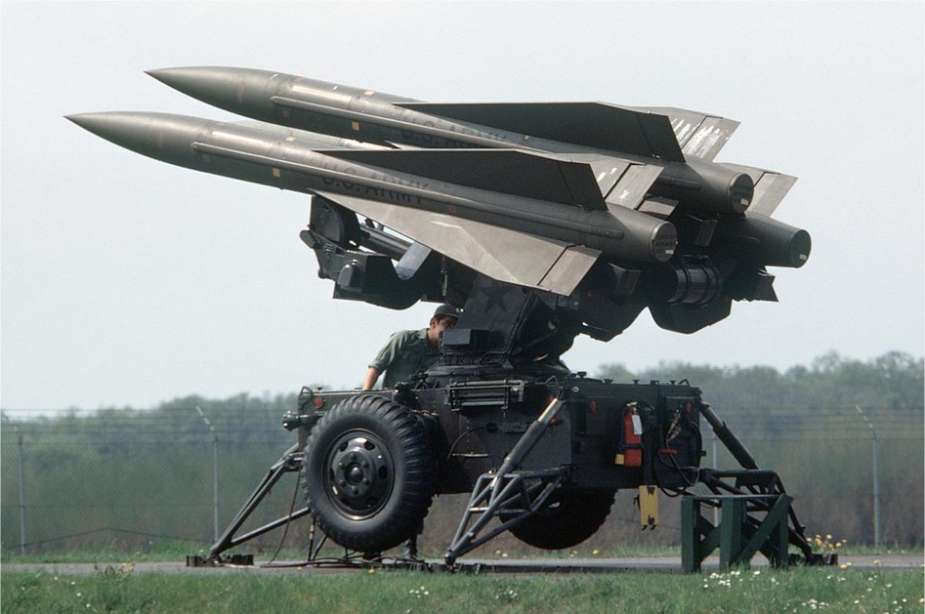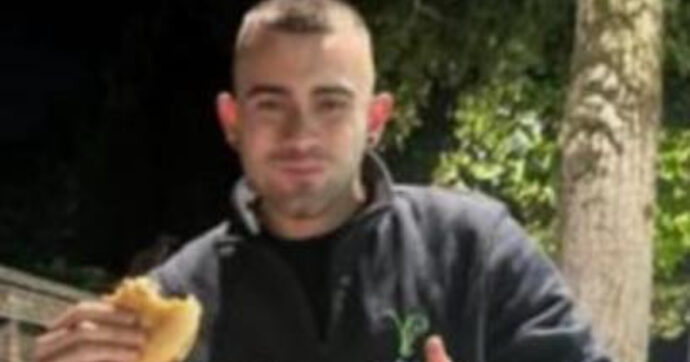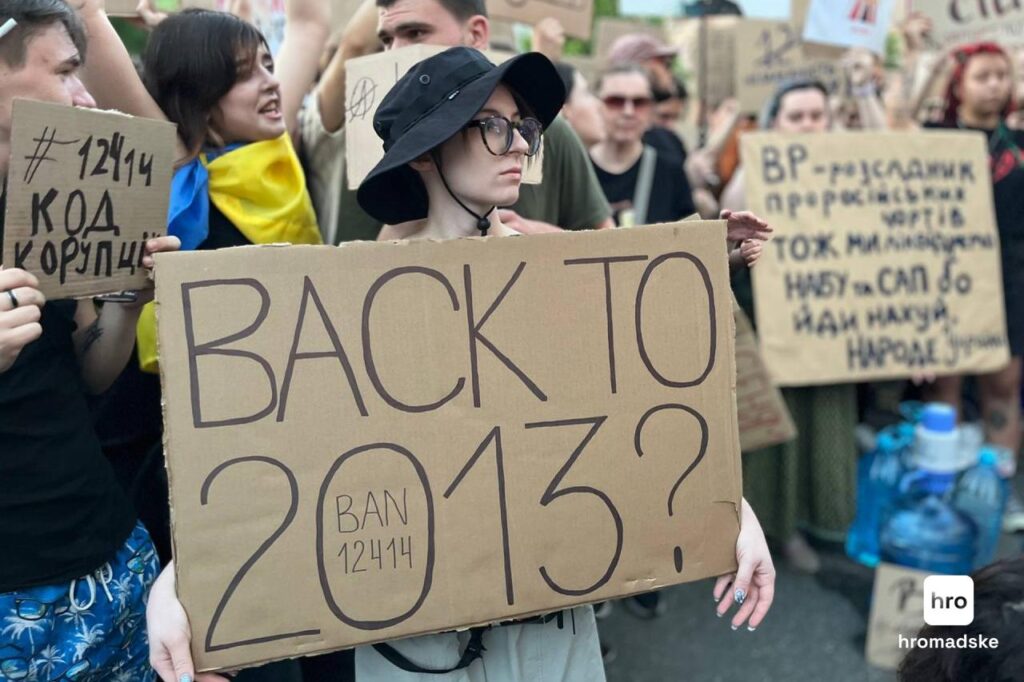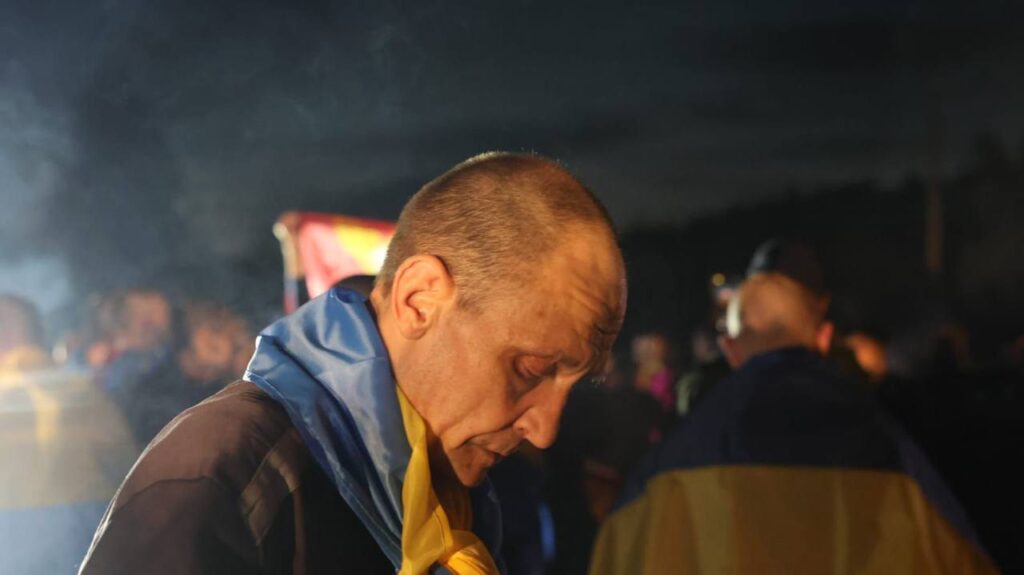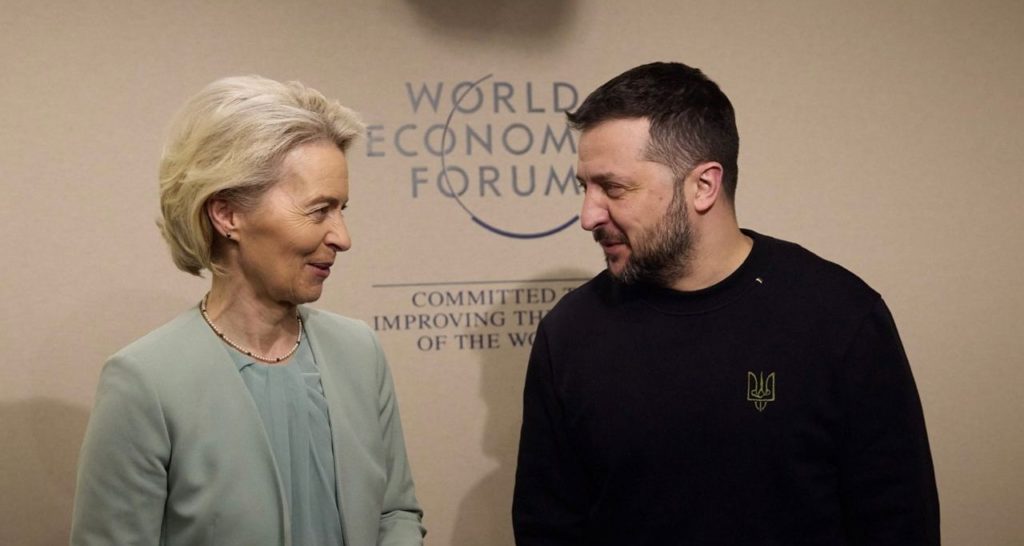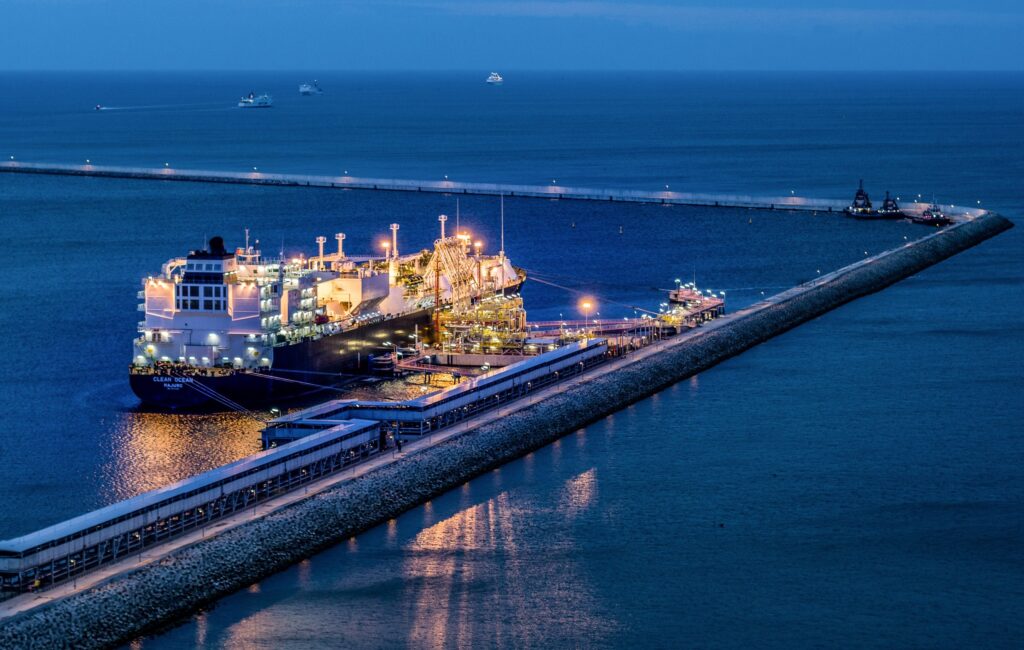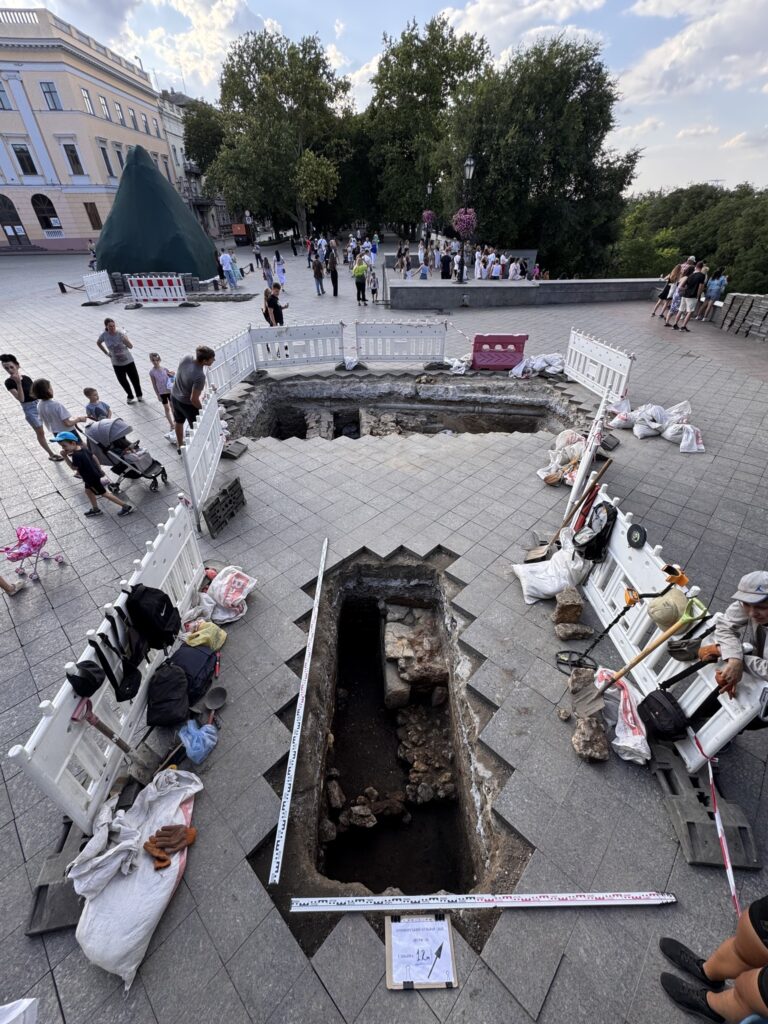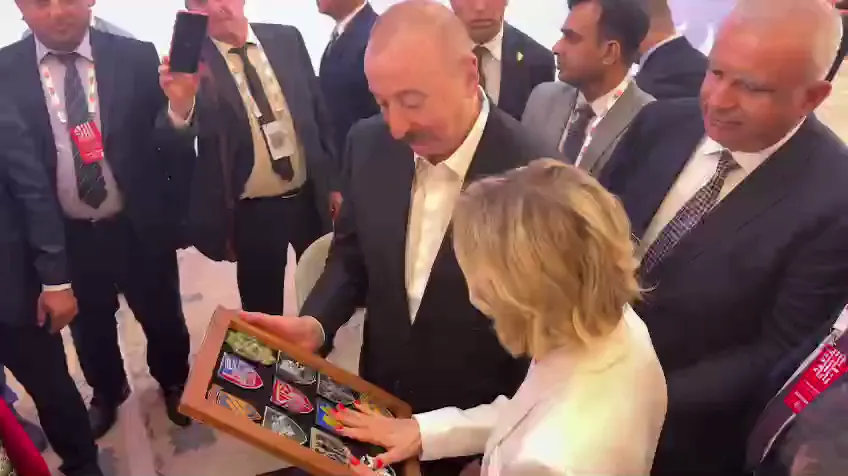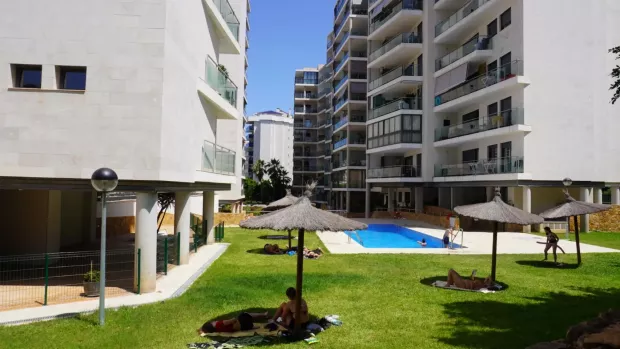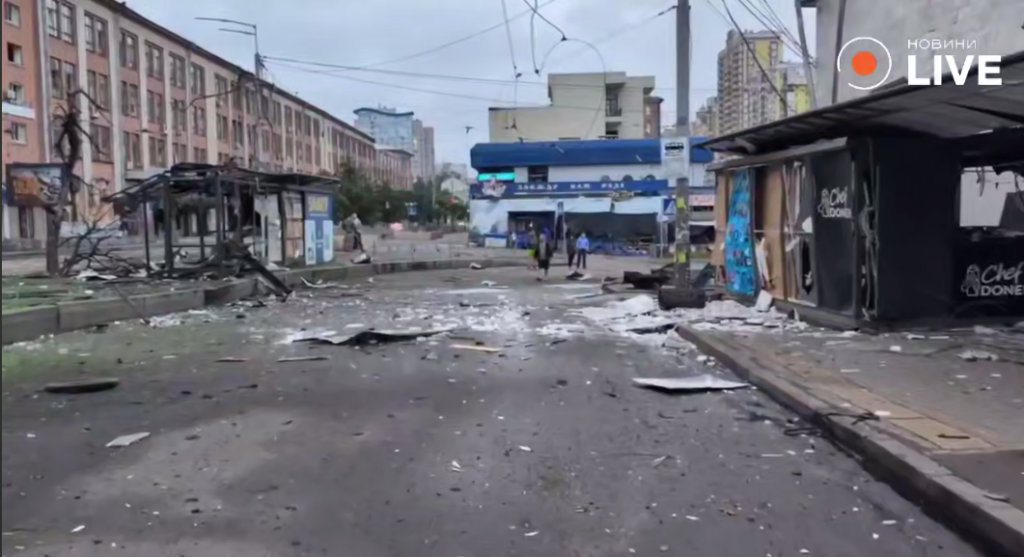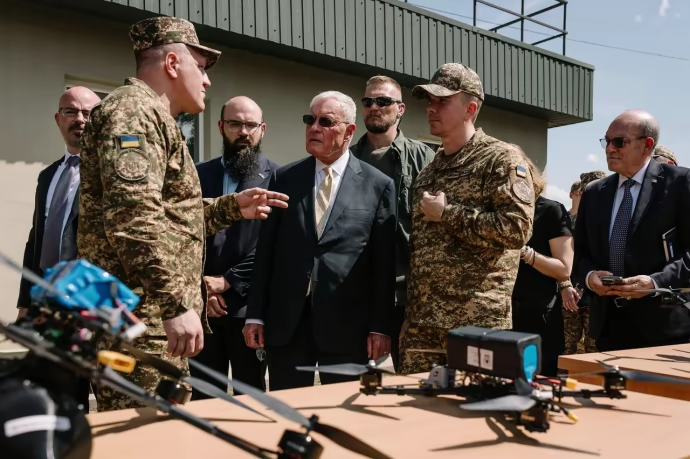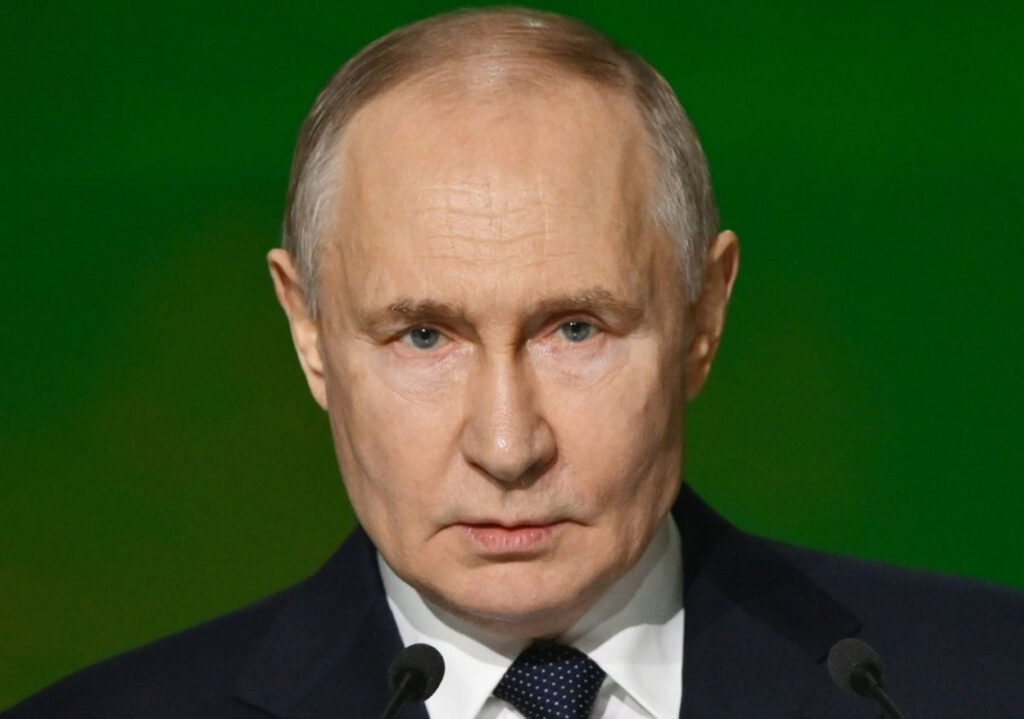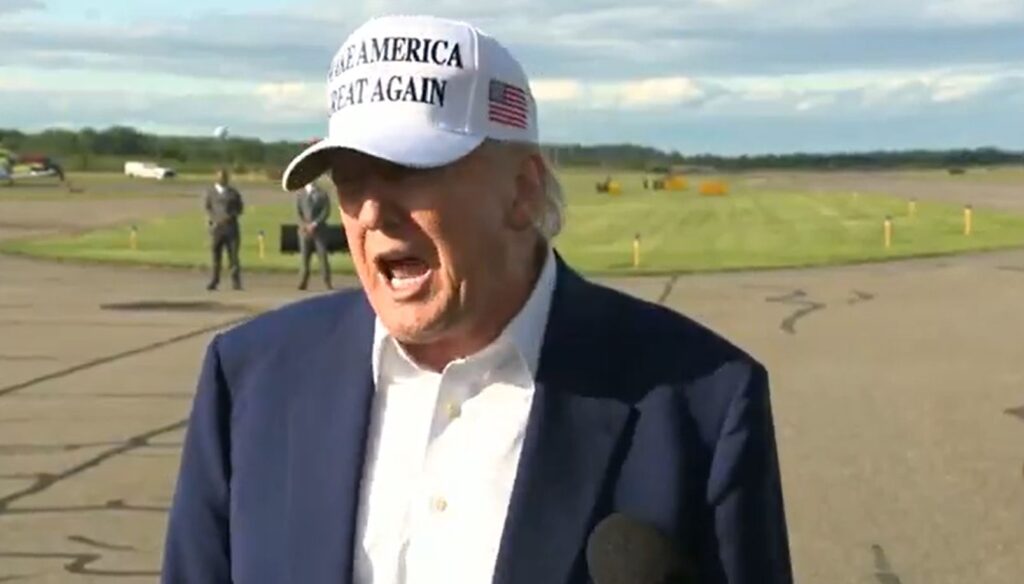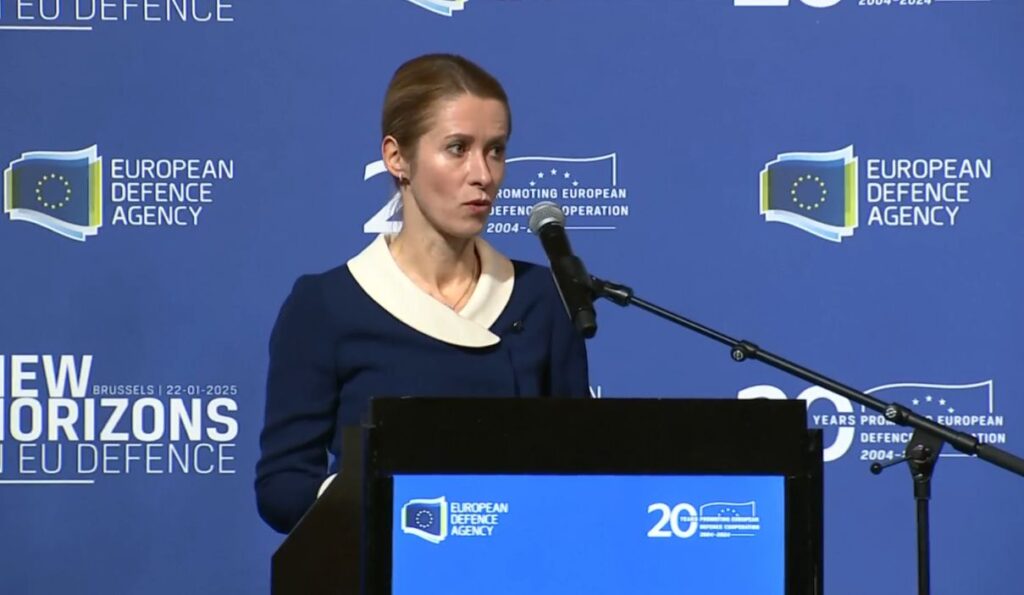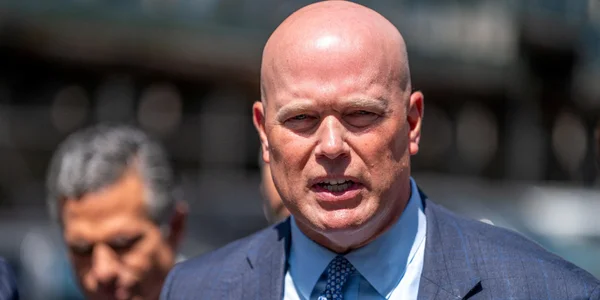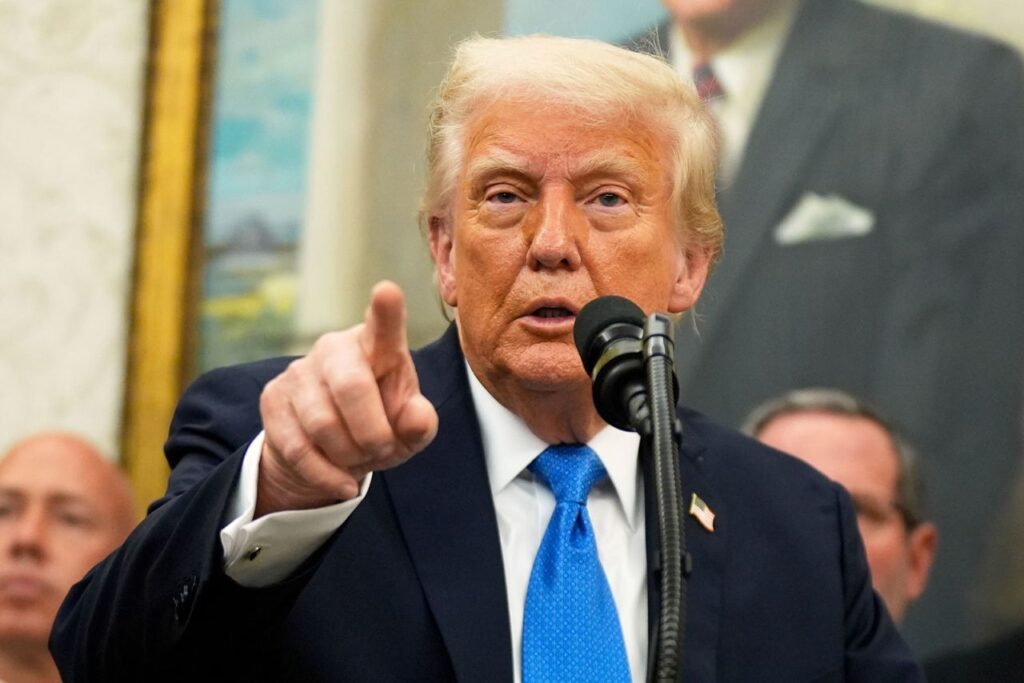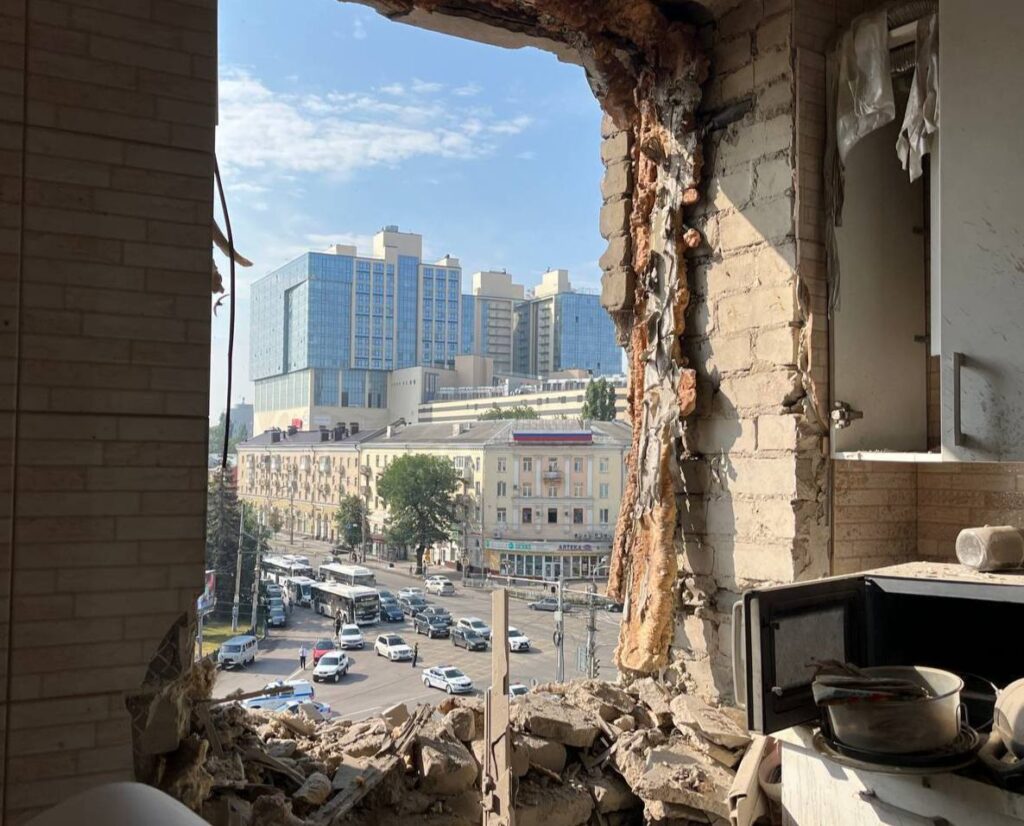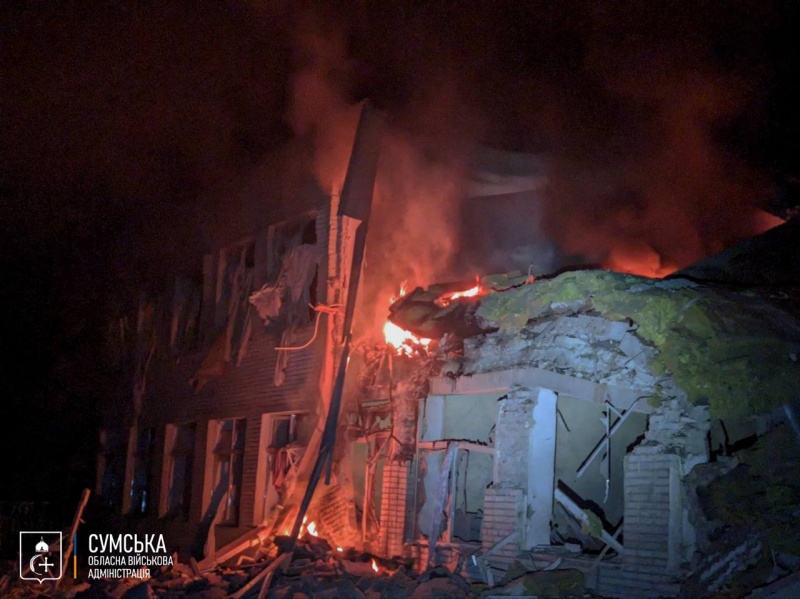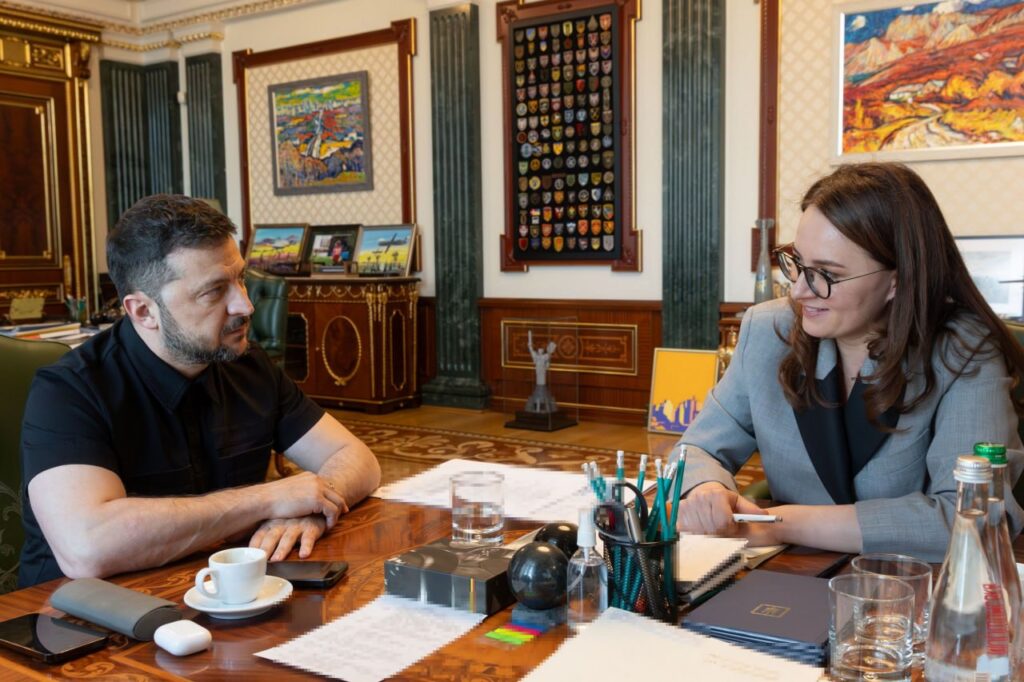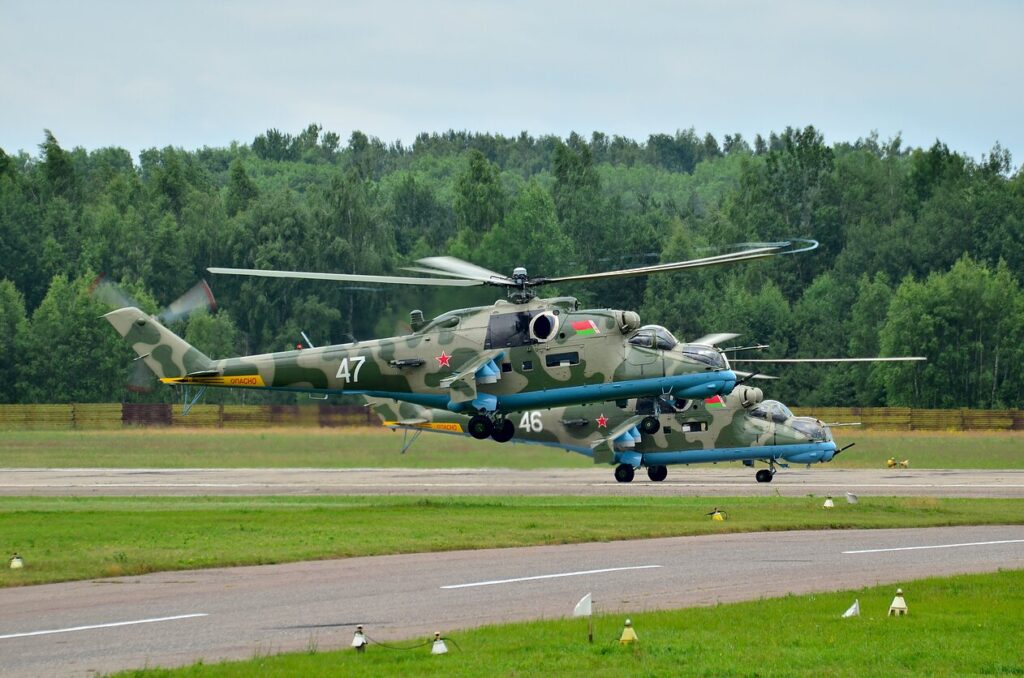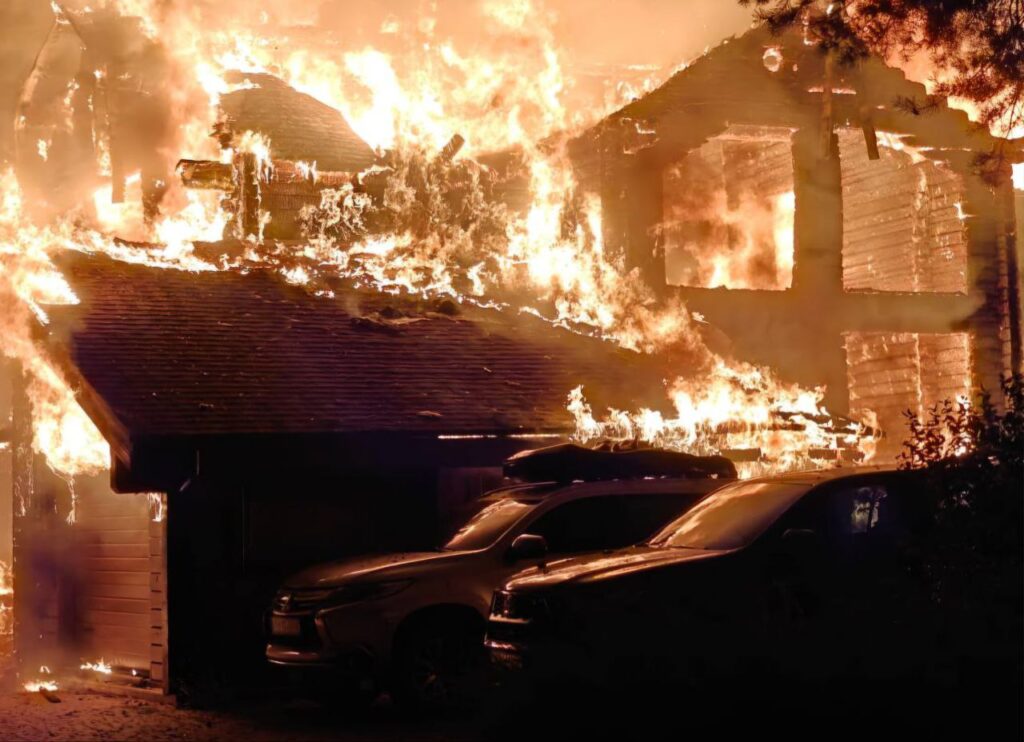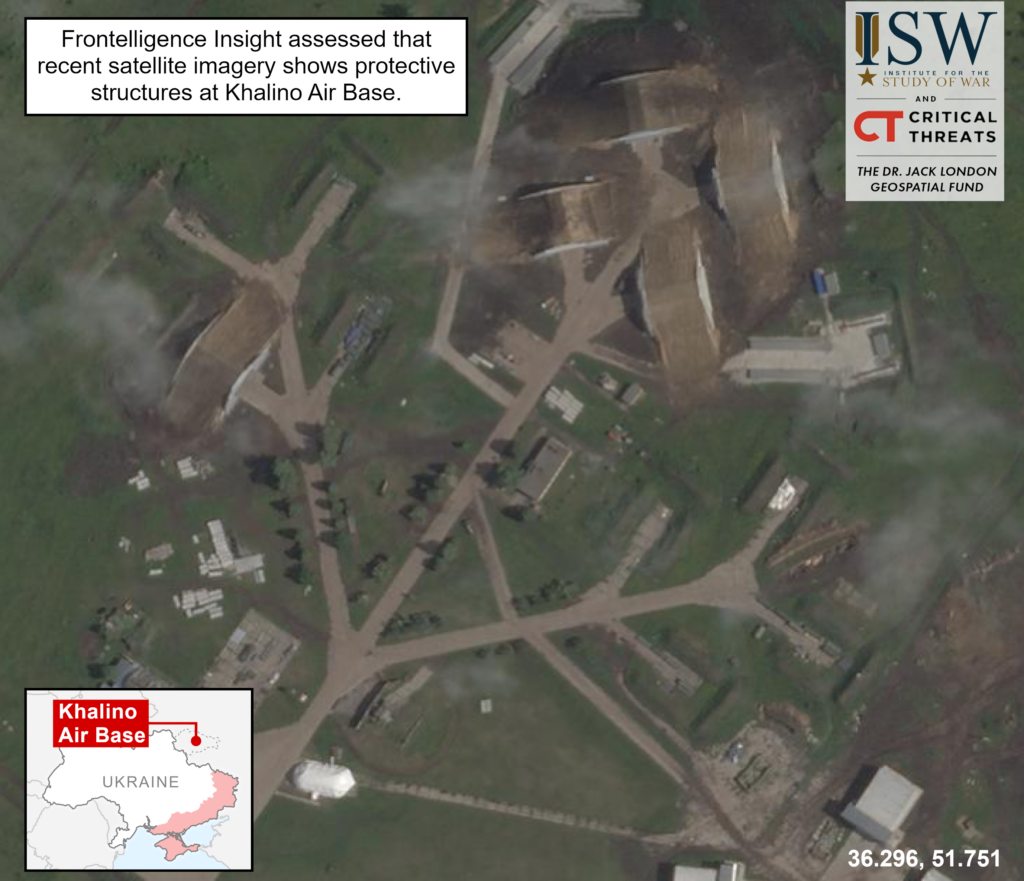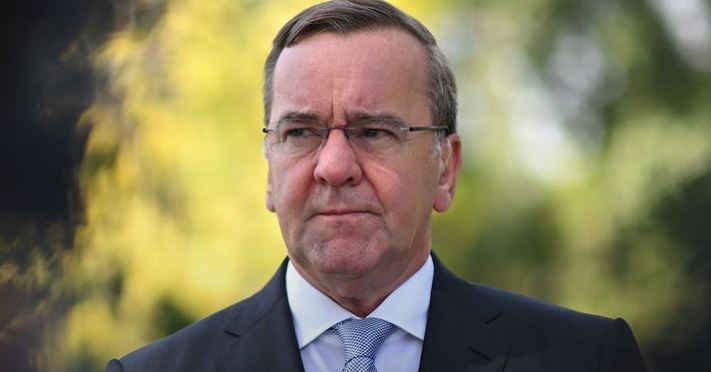Investigation exposes Putin’s media network playing dress-up as Global South agency
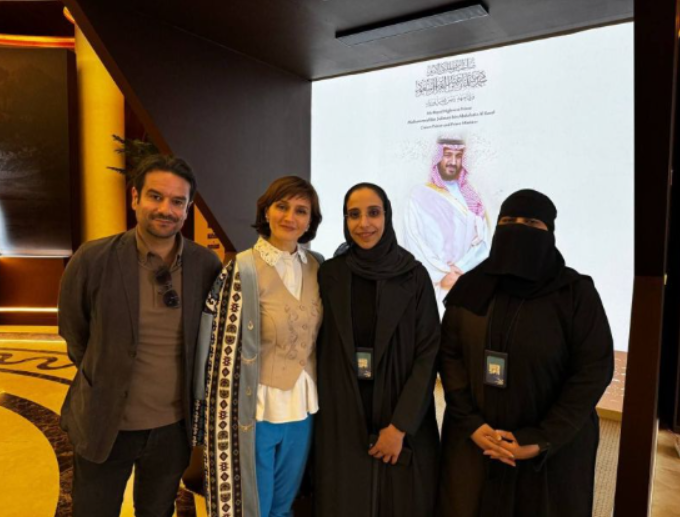
A video news agency Viory that launched in Abu Dhabi claiming to represent the “Global South” is actually a rebranded version of Ruptly, the Berlin-based footage supplier that was part of Russia’s state media network RT, according to a new investigation by the Organization for Ukrainian Freedom (OFU).
According to the researchers, the transformation from Ruptly to Viory represents “as Russia’s adaptation to sanctions and isolation, using rebranding techniques to continue propaganda operations under the guise of independent Global South media representation.”
Russian propaganda in the Global South has existed in various forms since the Soviet era. It exploits local vulnerabilities such as anti-Western sentiment, post-colonial resentment, and economic hardships to discredit the West and Ukraine, while promoting Russia as a strategic partner. These campaigns have increased local support for Russia, fostered skepticism of Western policies, and led to political neutrality or alignment with Russia in international forums. For example, some African countries have refused to condemn Russia’s invasion of Ukraine at the UN and have called for stronger partnerships with Russia over the West.
Viory made its debut at the Abu Dhabi Global Media Conference in 2023, presenting itself as an independent company. However, the investigation, conducted by multiple outlets including RND and Tagesspiegel, using facial recognition software and LinkedIn analysis, has identified dozens of former Ruptly employees now working for the new agency.
Ruptly operated as a news agency dealing primarily in footage from its Berlin headquarters, running a global network of freelance video journalists who filmed events worldwide. The footage was sold to major outlets including the BBC, Daily Mail, and Al Jazeera, according to the investigation.
The transformation began after Germany’s Bild investigative team exposed Katerina Mavrenkova, Ruptly’s chief content officer, for requesting a Berlin-based journalist to “penetrate into Charité” hospital where Russian opposition figure Alexei Navalny was being treated following his poisoning.
“Mavrenkova, an employee of the Russian state, was asking the journalist to do espionage on the prominent critic of the Russian state,” said in the report.
Following Russia’s full-scale invasion of Ukraine, Ruptly faced a flood of staff resignations and intensified scrutiny from German authorities, necessitating relocation. The agency initially operated under Lensum, which Tagesspiegel identified as “a shell company for Ruptly’s continued operations,” citing an insider source.
According to OFU research, Lensum was initially known as Tocha and was founded by ELA Verwaltungs GMBH, a firm offering “ready-to-go” shelf companies for clients wanting to bypass bureaucratic procedures. The company was owned by Marina Sevciuc, who “has virtually zero online presence” and appears to be a placeholder owner, according to the investigation.
Despite denying connections to Ruptly or the Russian state, Lensum hired a head of human resources whose LinkedIn profile showed work experience at RT Germany.
The investigation identifies several key figures linking Ruptly to Viory. Mavrenkova, despite maintaining “a very low online presence,” signed an agreement on behalf of Viory in Riyadh with the Union of News Agencies of the Organization of Islamic Cooperation. She was later listed as “Director of Content of the international media agency Viory” at the 2024 Kazan Forum, a significant conference between the Russian government and the OIC.
Dinara Toktosunova, identified by German publications as the former CEO of Ruptly, also appeared as a panelist at the Kazan Forum in 2023, where she was described as “director of Ruptly.” A Google search anomaly shows her described as “director of international media agency Viory” in relation to the 2024 Kazan Forum, though she did not appear to participate in that year’s panels.
Content analysis reveals Russian fingerprints all over “independent” agency
The investigation found that Viory’s content reveals its Russian state affiliation through several indicators. Videos about Ukraine refuse to use the term “war,” instead labeling content as “Donbas conflict” or “Russia-Ukraine conflict.” Ukrainian cities are spelled using “old, Russified spellings” rather than official transliterations, and Russian-occupied regions are referred to as “DNR” and “LNR” without the “self-proclaimed” qualifier used in pre-invasion content.
Viory’s exclusive content suggests extraordinary access to Russian officials and military operations. The agency published drone footage titled “Might of Moscow” showing Russian military equipment preparing for the 9 May 2024 Victory Day parade. The investigation said that “given the prevalence of small armed drones in the war in Ukraine, one can imagine it takes a high level of security clearance and trust to film such footage.”
The agency has published at least 352 videos under the “80th Victory Day Anniversary” tag and produced six exclusive videos from Putin’s June 2024 visit to North Korea. The investigation questions how “an apparently six-month-old Viory managed to pull this off” when “few international news agencies even have the capability to film in North Korea.”
Analysis of Viory’s coverage reveals “a significant bias in favour of Russia,” including exclusive footage of residents celebrating Russian control of Avdiivka and multiple exclusives from Wagner mercenary group activities. The agency also hosts “an enormous amount of Ruptly’s old content,” with footage matching exact headlines and scripts from Ruptly’s previous output.
The rebranding reflects Russia’s pivot toward the Global South following diplomatic isolation after the Ukraine invasion. EU-wide bans on Russian state media forced the search for new markets, with Viory’s tagline explicitly targeting “the video news agency of the Global South.”
The investigation said that Russia has been “expanding its presence over the last decade” in Africa, with Wagner mercenaries deployed to Russia-aligned states. Russian-linked disinformation campaigns have already been reported across the continent, including content featuring leaders like Ibrahim Traore, who “appears in dozens of videos on the Viory site.”
The investigation concluded that while Viory “evidently did a pitiful job of covering its tracks,” the operation demonstrates “an increasingly decentralized and diffuse Russian state approach to international messaging.” Unlike traditional Russian state media’s “overly incredulous or inflammatory rhetoric,” Viory presents content with “a veneer of objectivity” while maintaining the same pro-Kremlin narratives.
